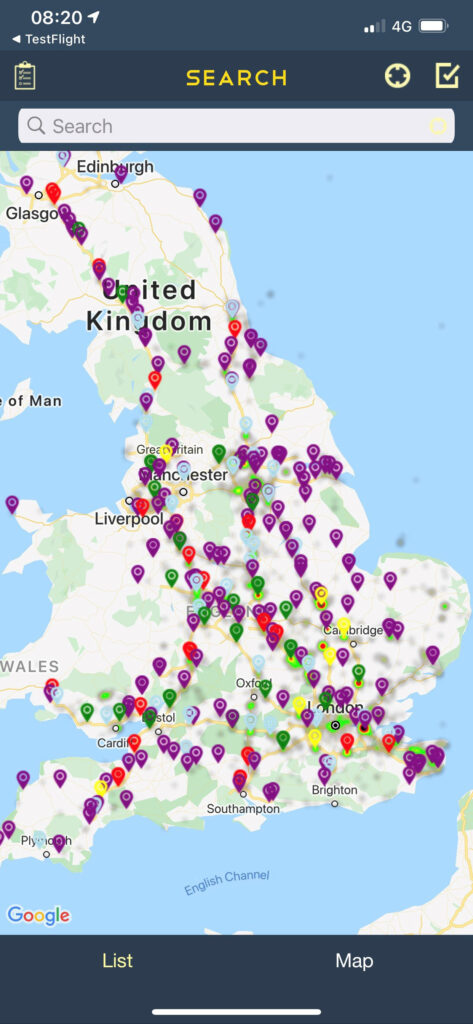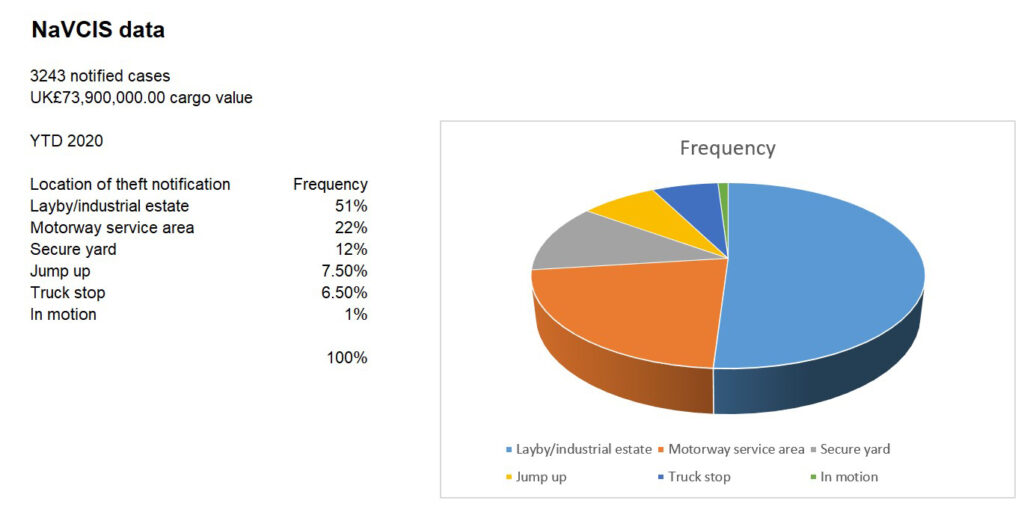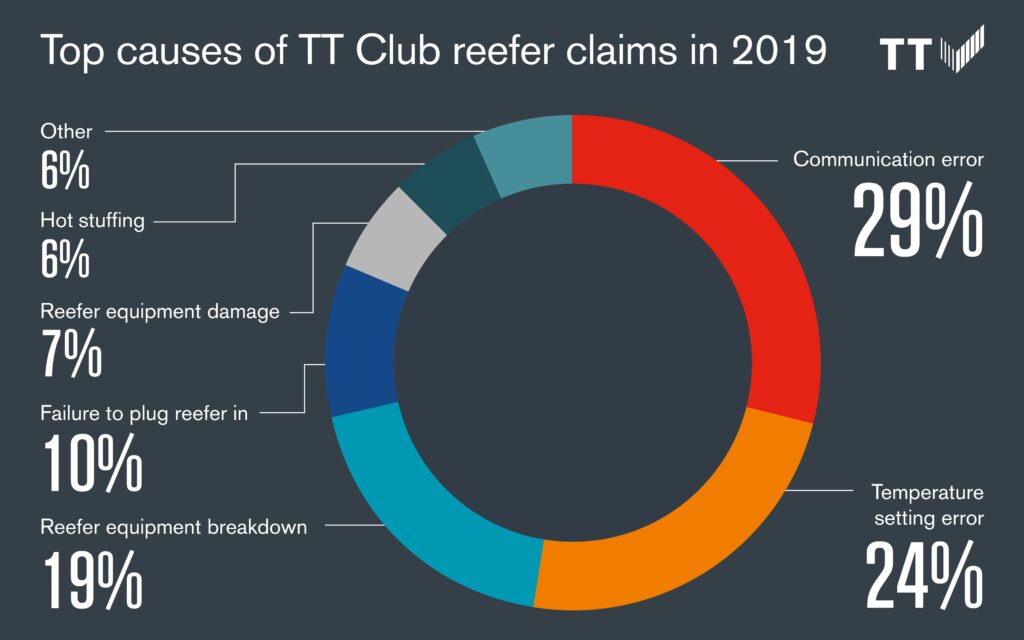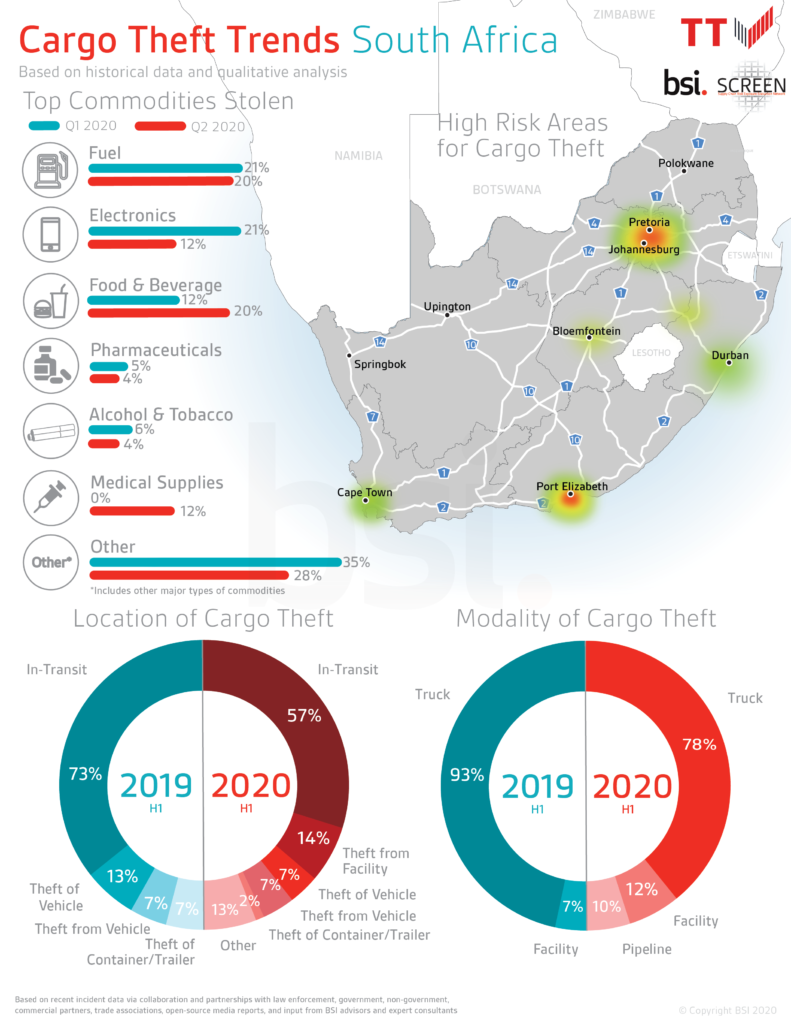The Cargo Integrity Group makes its recently published ‘CTU Code – a Quick Guide’ available in the Mandarin language to further its campaign for the adoption and implementation of crucial safety practices throughout the global supply chain.
25 November, 2020
The organisations, which comprise the Cargo Integrity Group (CIG), strongly believe that more widespread use of, and adherence to, the IMO/ILO/UNECE Code of Practice for Packing of Cargo Transport Units (CTU Code) and the packing practices and techniques it covers will dramatically increase the safety and security of the global container supply chain. Many incidences of container fires aboard ships, landside conflagrations, container stack failures, vehicle rollovers, train derailments, internal cargo collapses and incidents of invasive pest contamination, can be traced to poor packing practices.
The five international freight transport and cargo handling organisations that are collaborating under the Cargo Integrity banner are the Container Owners Association (COA), the Global Shippers Forum (GSF), ICHCA International, TT Club and the World Shipping Council (WSC). In September, the group published materials in English to provide ready guidance to the CTU Code, including a Checklist of actions and responsibilities of those undertaking the packing of cargoes in freight containers specifically. This is now also available in Mandarin Chinese HERE
The group recognised that the full CTU Code, together with its annexes and further ‘informative material’, comprises hundreds of pages of text. This comprehensive body of guidance provides all parties in the supply chain with information about their responsibilities, details of how to pack, secure packages and cargo items and takes account of diverse forces encountered during transport, load distribution and the capability to brace and secure effectively. It also places responsibility on the shipper to declare correctly the composition of the cargo. However, its sheer size and comprehensiveness militates against its easy usage and application to all cargo types. The Quick Guide aims to provide a ready route map for all actors in the supply chain.
It is important for the CTU Code to be as accessible as possible to as many operatives as possible and the aspiration is that this Quick Guide, which distils the Code into just thirteen well-illustrated pages, will encourage them to learn how the Code can be applied to their own particular needs.
It is the intention of the organisations in the Cargo Integrity Group to make the Quick Guide available in other languages as a key part of its dissemination programme and further translations are planned during 2021.
ENDS
NOTES FOR EDITORS
- The five organisations co-operating in the Cargo integrity Group are:
- Container Owners Association (COA)
Media Contact: Patrick Hicks, Secretary, Container Owners Association, secretary@containerownersassociation.org
- Global Shippers Forum (GSF)
Media contact: James Hookham, Secretary General, jhookham@globalshippersforum.com Tel: +44 7818 45 04 40
- International Cargo Handling Co-ordination Association (ICHCA International)
Media contact: Maria Udy, Portcare International, maria@portcare.com
- TT Club
Media contact: Peter Owen, Portcare International, info@portcare.com
Tel: +44 1737 248300
- World Shipping Council (WSC)
Media contact: Anna Larsson, Communications Director: alarsson@worldshipping.org
Tel: +47 484 06 919
- PDF copies of the published documents are available HERE
Copyright exists in these documents but reproduction in whole or part is permitted subject to acknowledgement of the source.
- The CTU Code is the Code of Practice for Packing of Cargo Transport Units jointly published by the International Maritime Organisation (IMO), the International Labour Organisation (ILO) and the United Nations Economic Commission for Europe (UNECE). Copies are available for download here: http://www.imo.org/en/OurWork/Safety/Cargoes/CargoSecuring/Documents/1497.pdf
https://www.unece.org/trans/wp24/guidelinespackingctus/intro.html












